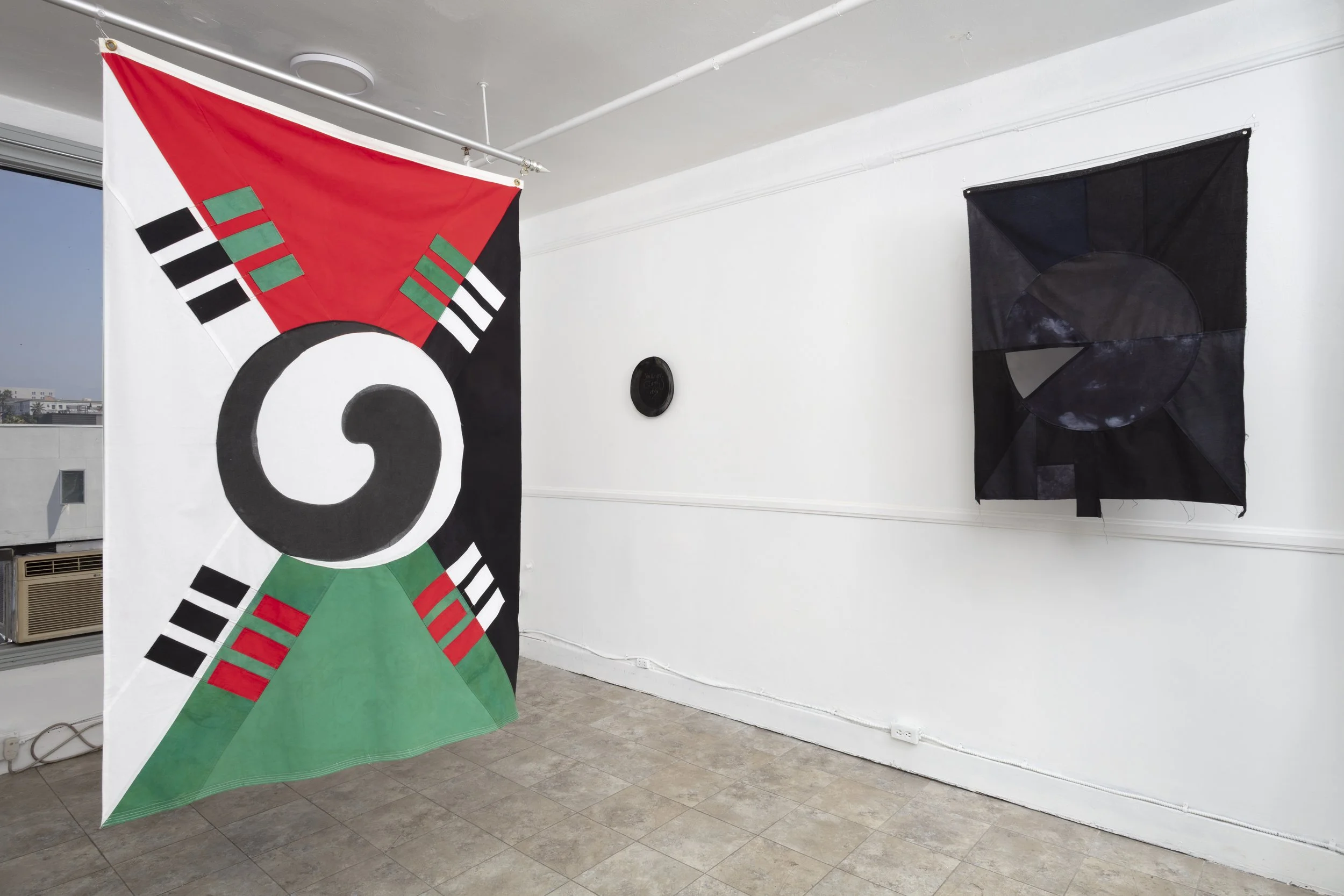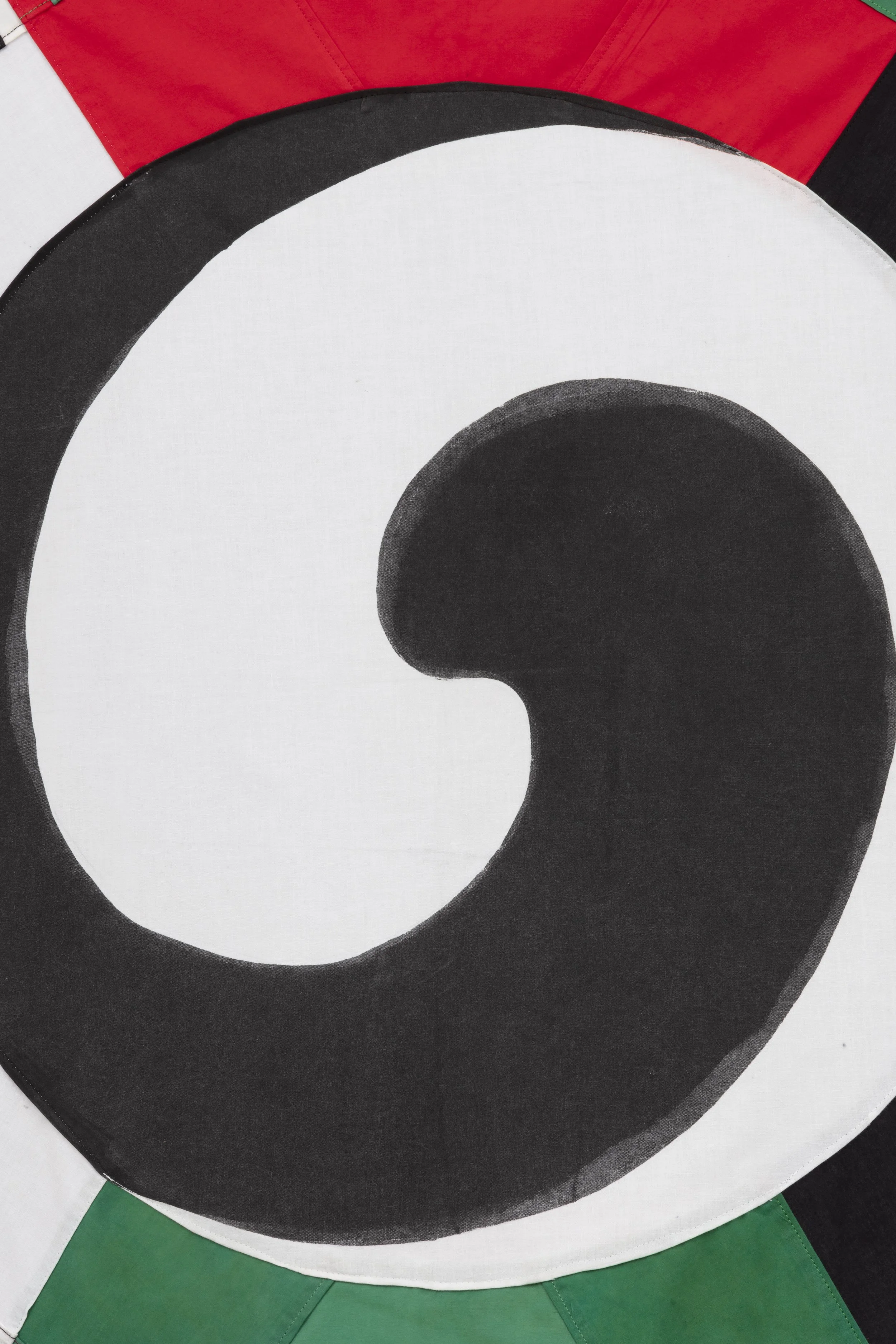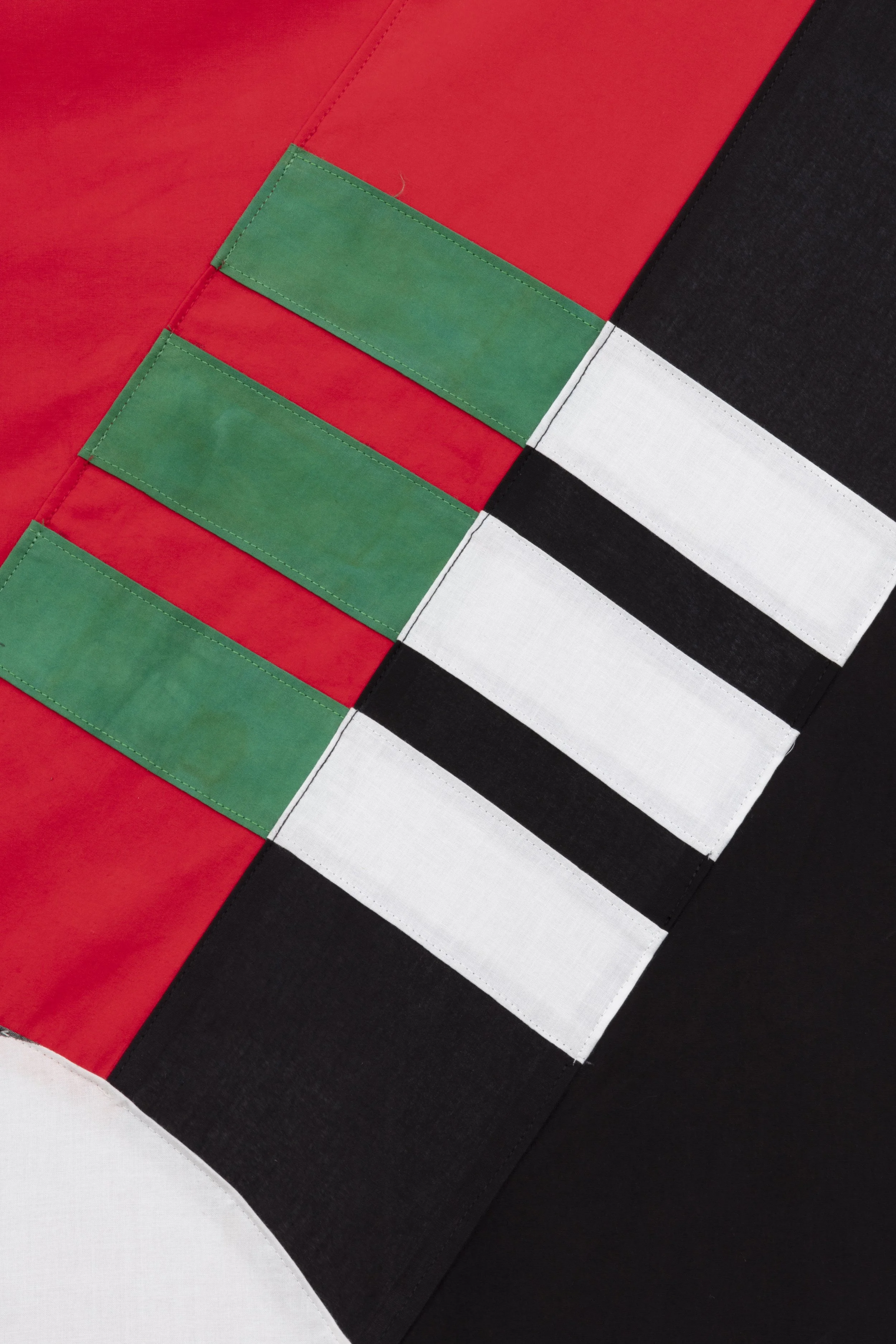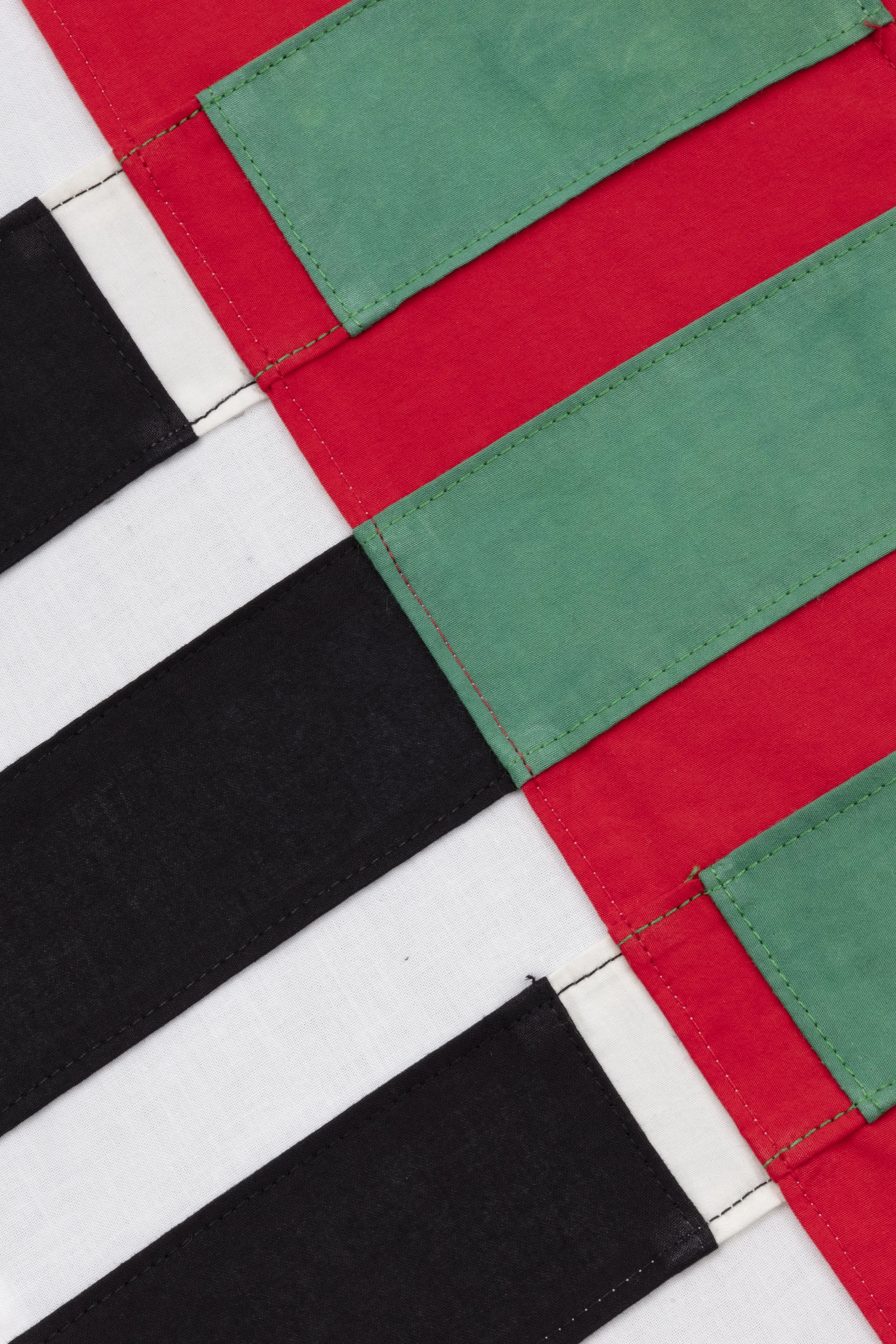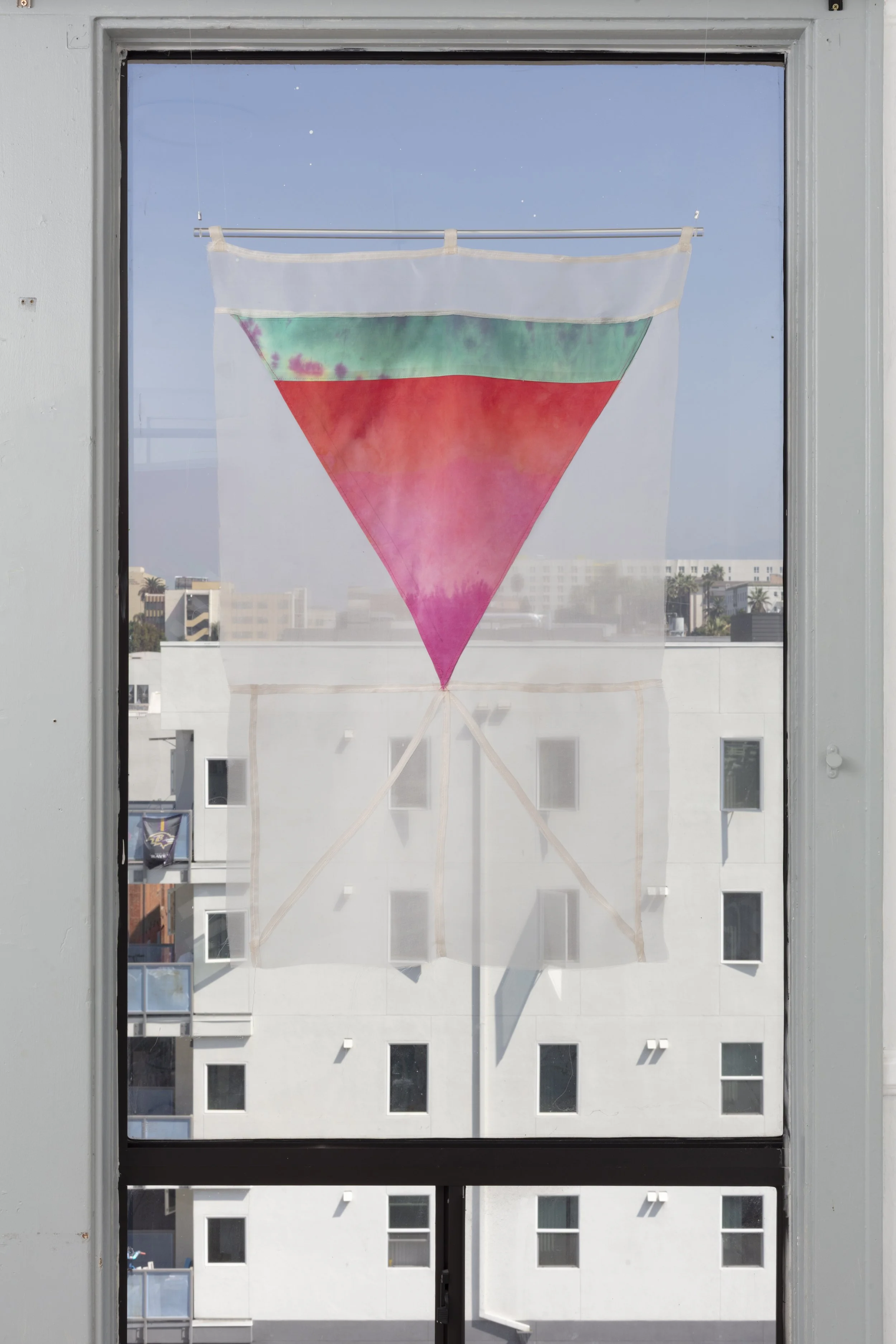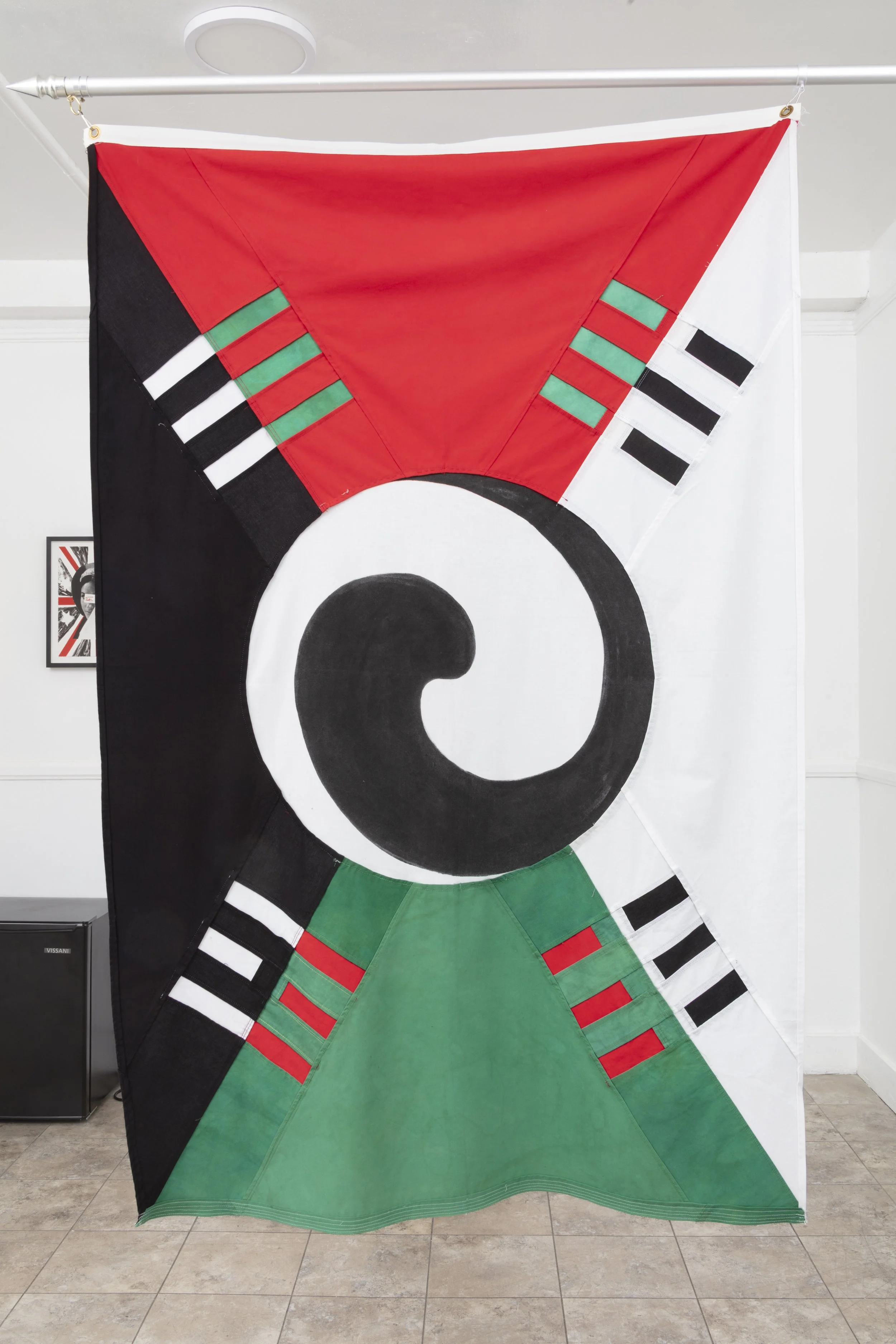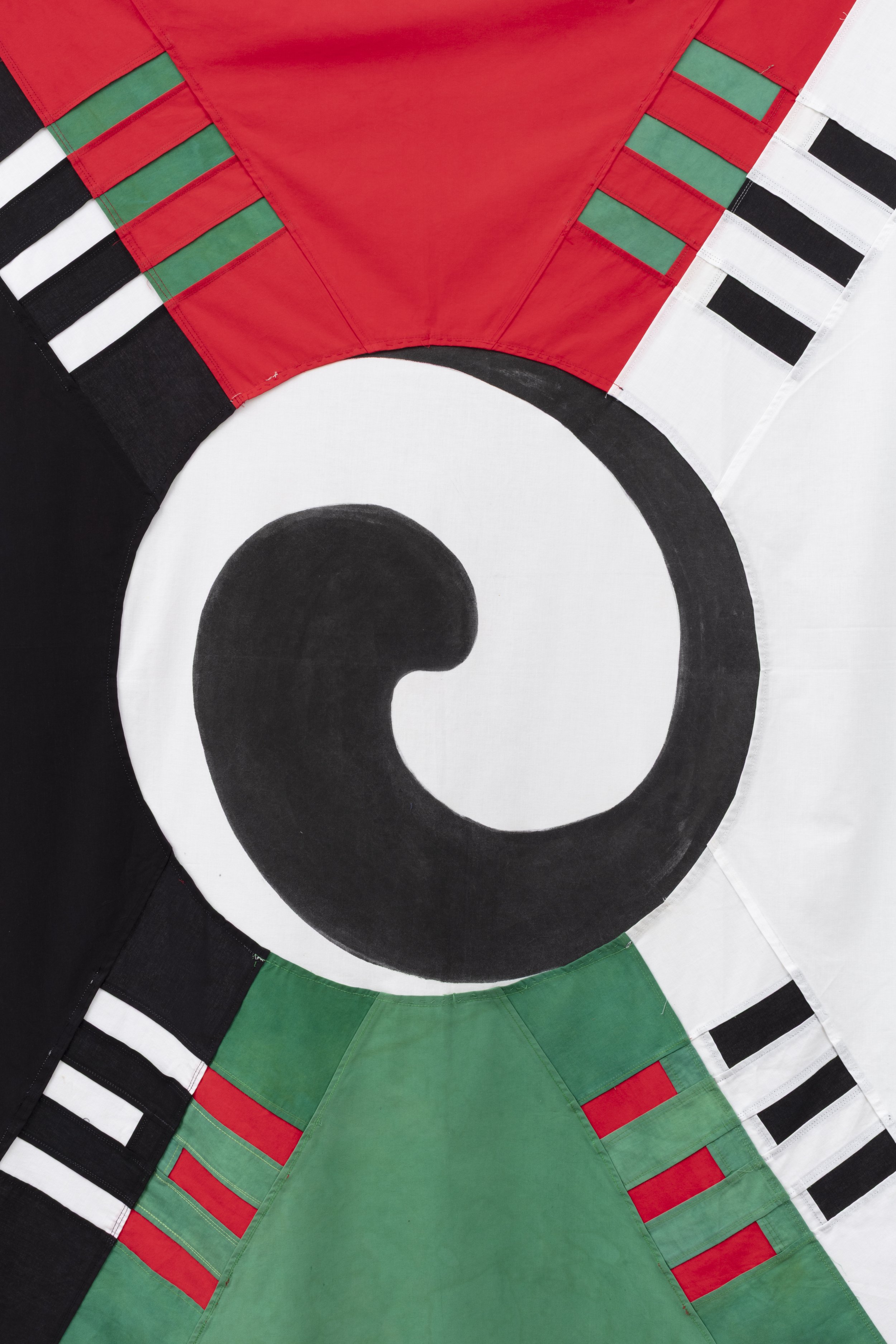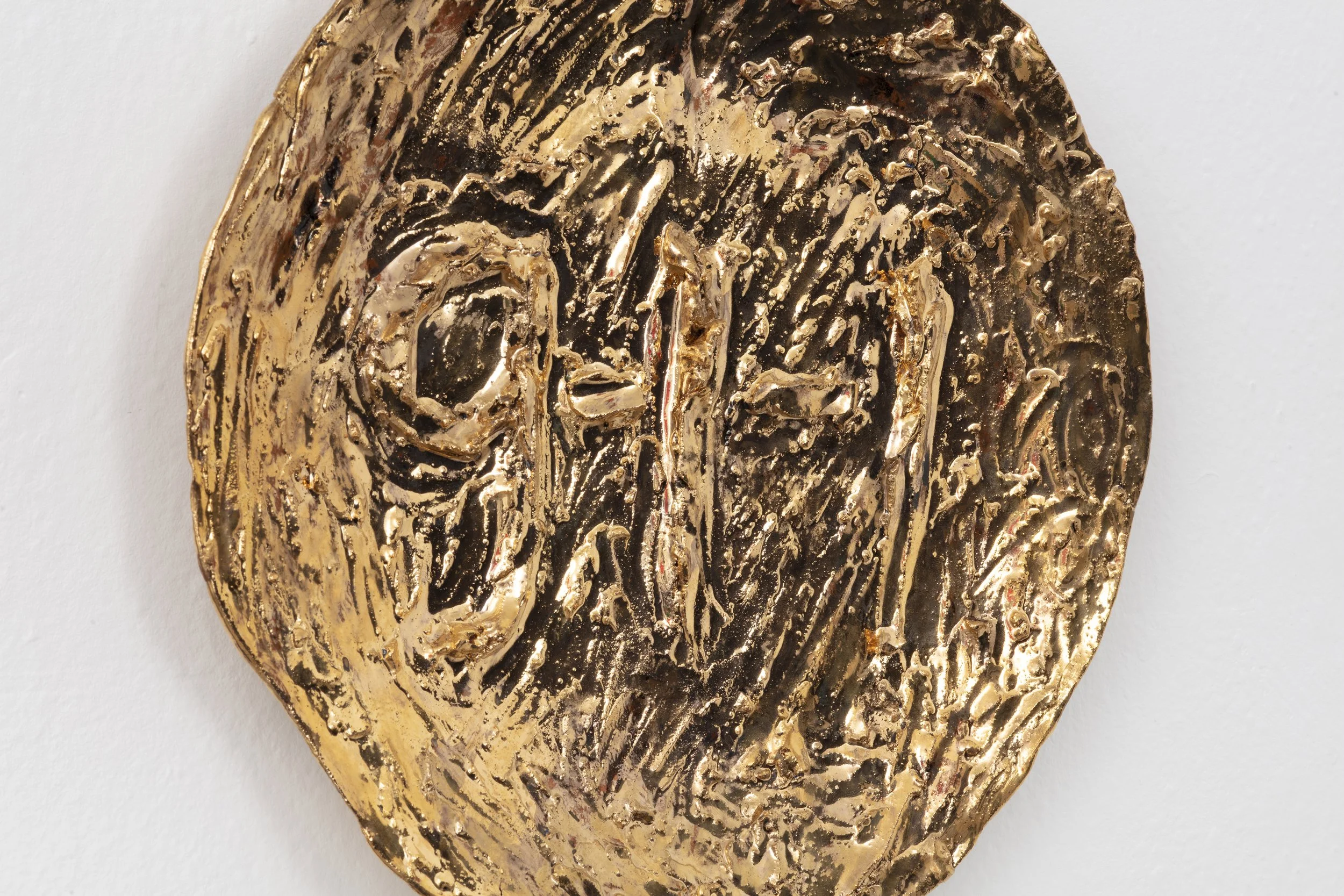Some Other Country’s Land by Susanna Kim Koetter from September 13th to October 25th, 2025
Time goes as slowly as technology allows. You can stare at an image or an object for as long as you want to while sitting in your art studio. In a cable news studio, though, every second is supposed to count. Yet, these days, fewer and fewer people are concerned with facts; feelings and opinions are of much greater interest. Most news anchors simply yell at you through the screen, and half the people you went to college with probably have a podcast. As James Brown once sang, “Only in America!”
But wait! The cost of living is rapidly rising throughout most modern nations, there are dictators (or wannabe dictators) sprouting up all over the globe, xenophobia is running rampant, very little is being done about large-scale mass murder and exploitation, and as a result, fears about major global warfare are being escalated. How did we end up here?
If you were to go back in time, at least in your mind, you could likely suspend memories and regain self-consciousness. You could probably even access control, perhaps like never before. It has struck me lately how much power is conflated with control. Being in control isn’t necessarily about dominance; it’s more about confidence, security, and stability.
Wisdom comes from patience, patience comes from hardship, hardship comes from experience, and experience must be truly accessed and absorbed in order to be understood and communicated. Otherwise, there is no awareness, there is no compassion, there is no empathy.
Susanna Kim Koetter has an immense amount of patience, awareness, compassion, and empathy. It comes through in her art, in her writing, in her daily interactions, and in her teaching practice. The rawness, the realness, the boldness, and the beauty of Susanna’s work and her words so profoundly encapsulate and illustrate the perplexing predicaments some of the current parasitic paradigms in today’s society present.
Susanna uses the iconography and symbolism of flags and signage to make sharp commentary on the levels of subordination and subliminal messaging in everyday life. By utilizing mediums and techniques like ceramics and printmaking, she can connect to the domestic, to the blue-collar worker, to the middle-class individual in ways that are often missing or ignored in contemporary art. The references made throughout her work oscillate between the completely recognizable to the more enigmatic, with both alluring and enchanting aesthetic decisions at odds with the occasional contentious material.
A few weeks ago, Susanna e-mailed me this poem by Kim Sowol (1902-1934), a famous Korean language poet, who became widely known and highly regarded for his “folk-song” style and contributions to early modern poetry, and who has been influential to both her and her work:
Steel bridge, as I look back it’s
over there I rushed across in confusion
steady my breath, now my feet planted
on some other country’s land.
The title of the poem is Some Other Country’s Land. Susanna told me she wondered whether he was talking about returning to Japan (where he studied for some time) or if he was talking about returning to his own country, which was under Japanese occupation from 1910 to 1945. In 1945, World War II had ended, and the division of Korea was demarcated. Three years later, the Korean Peninsula was officially severed through the establishment of the First Republic of Korea in the South and the Democratic People’s Republic of Korea in the North. Four months prior and about 5,000 miles away, the State of Israel was established, creating a well-funded safe haven for a people that have long been displaced and abused, only to create nearly eight decades of displacement and abuse of another group of people. The fact that one genocide has led to another is so beyond horrific on so many levels. For Susanna, a Korean American, whose family has shared their own passed-down stories of oppression and suffering, these connections are particularly potent and pertinent.
She told me she wanted this to be the title of her solo show, as well. I loved the poem, and I loved the idea. I have been a poet for as long as I can remember. I was born and raised in Pittsburgh, the Steel Town, the City of Bridges. I have spent the past twelve-plus years in Los Angeles, a city that previously belonged to land that was owned by Mexico, and before that Spain, and before that the Tongva, the Tataviam, the Serrano, the Kizh, and the Chumash Peoples.
I acknowledge that as an American, I am intrinsically tied to imperialism – my feet are planted on some other country’s land; in fact, they’re planted on many other countries’ lands. Until we can all finally acknowledge and accept that every nation is stolen land that, moving forward, should be preserved and shared with all in want and need of land and love, life will unfortunately continue to be filled with heartbreak and bloodshed. And no feelings or opinions can or will change that.
- Keith J. Varadi, September 2025


